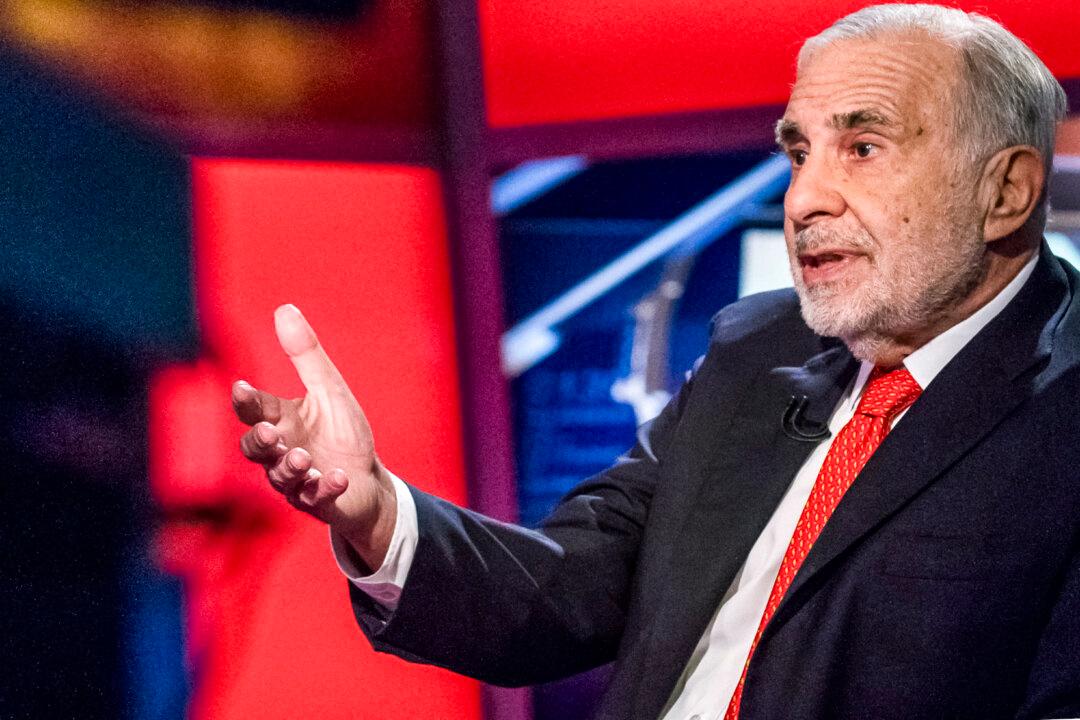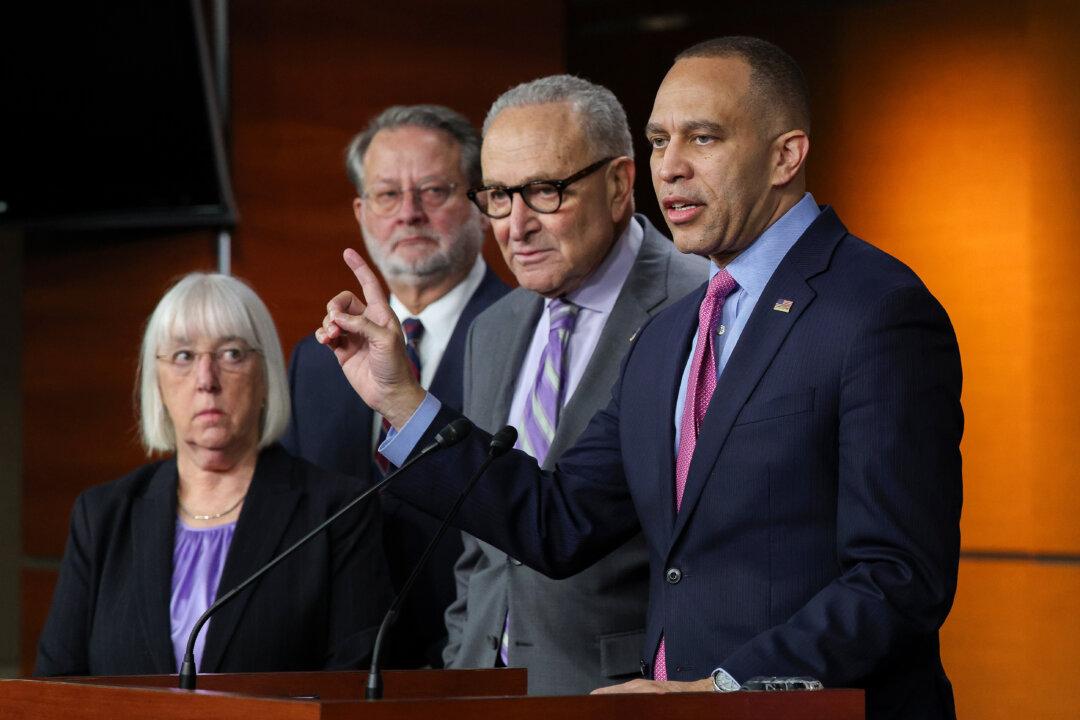The Securities and Exchange Commission has charged investor Carl Icahn and his company Icahn Enterprises L.P. for failing to disclose information that Icahn used company securities as collateral to secure personal margin loans.
The SEC in its orders released on Aug. 19 found that both Icahn and his company, IEP, violated federal securities laws by not providing investors with necessary disclosures about these collateral pledges, which involved billions of dollars.





